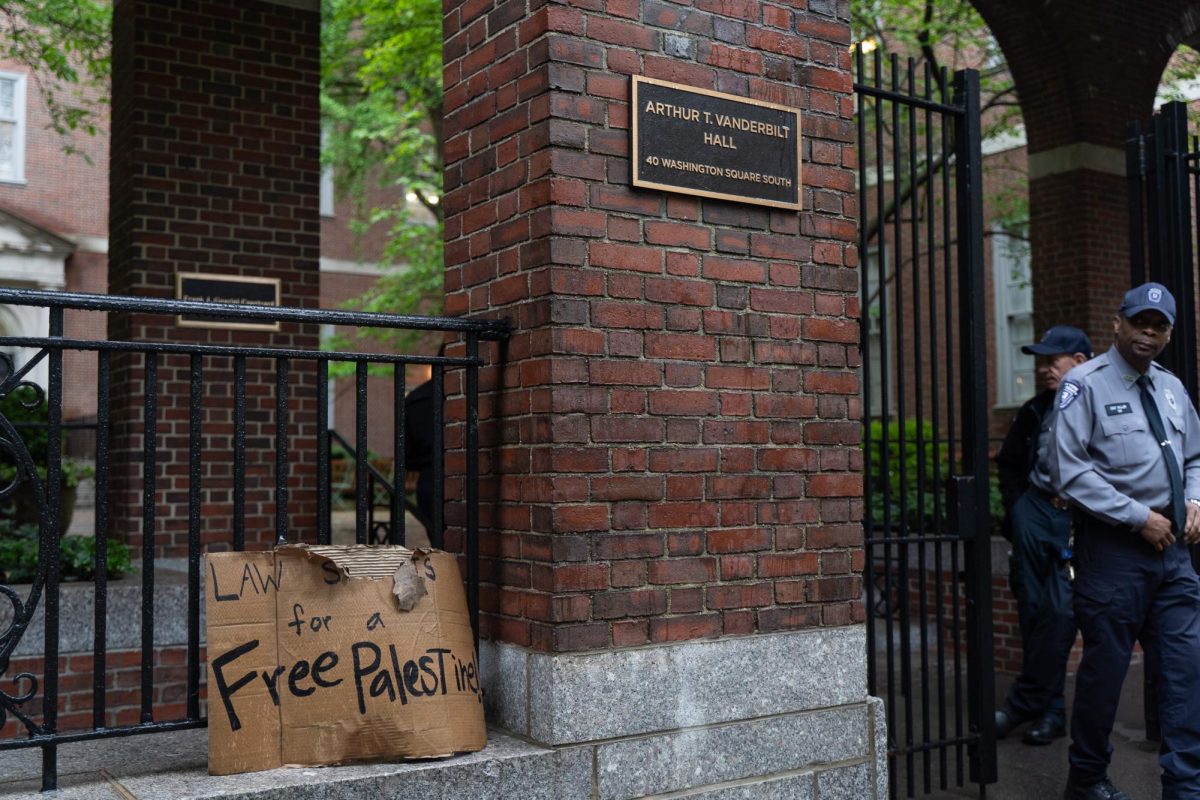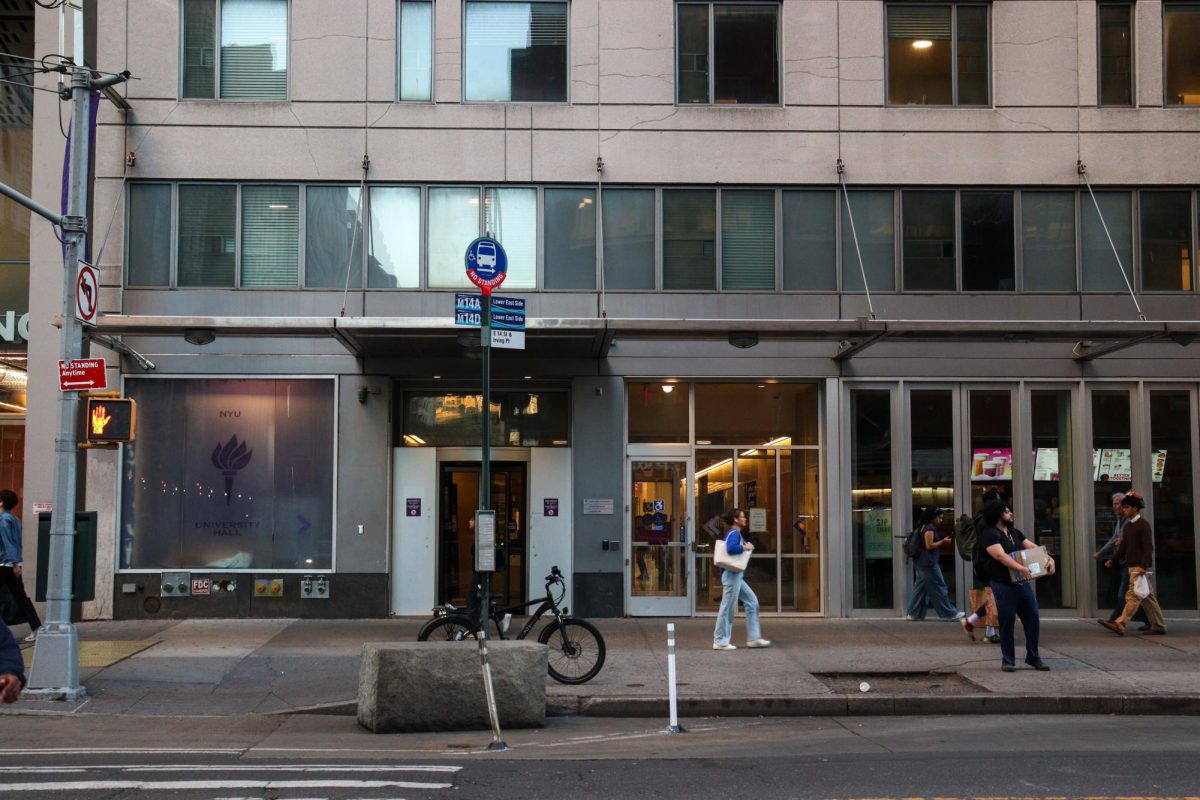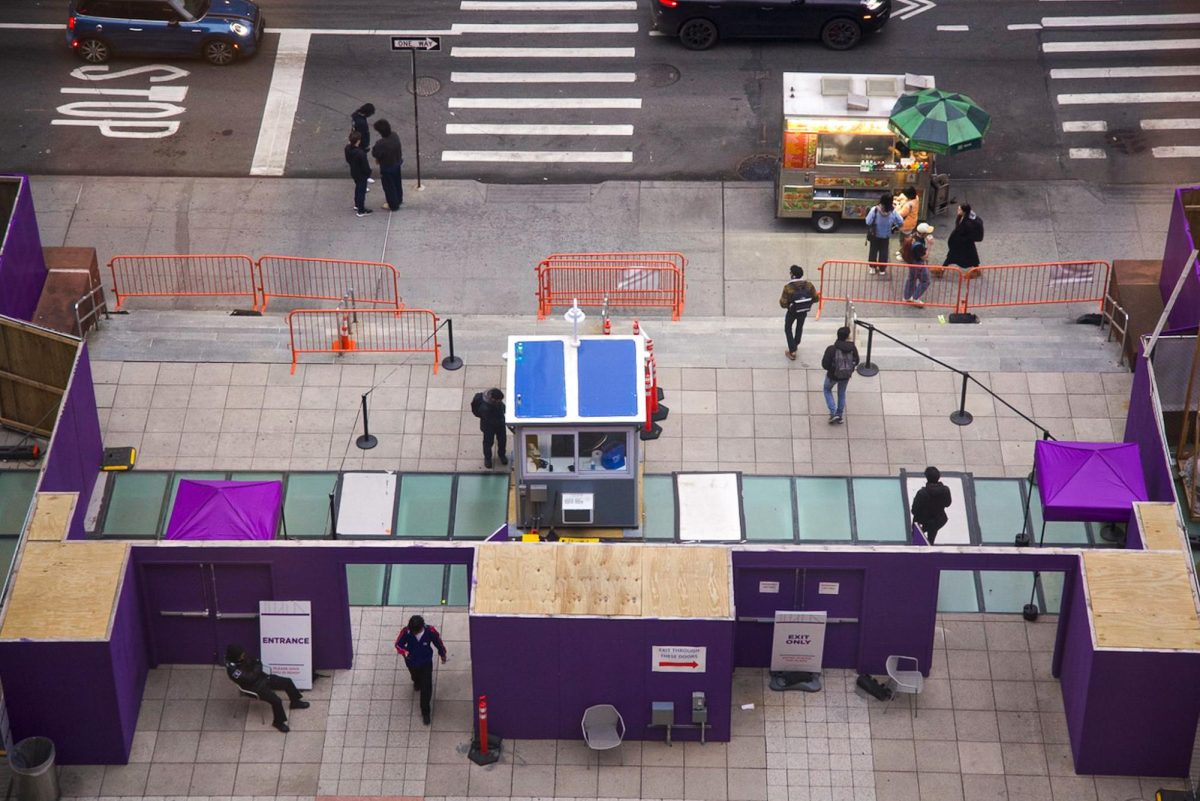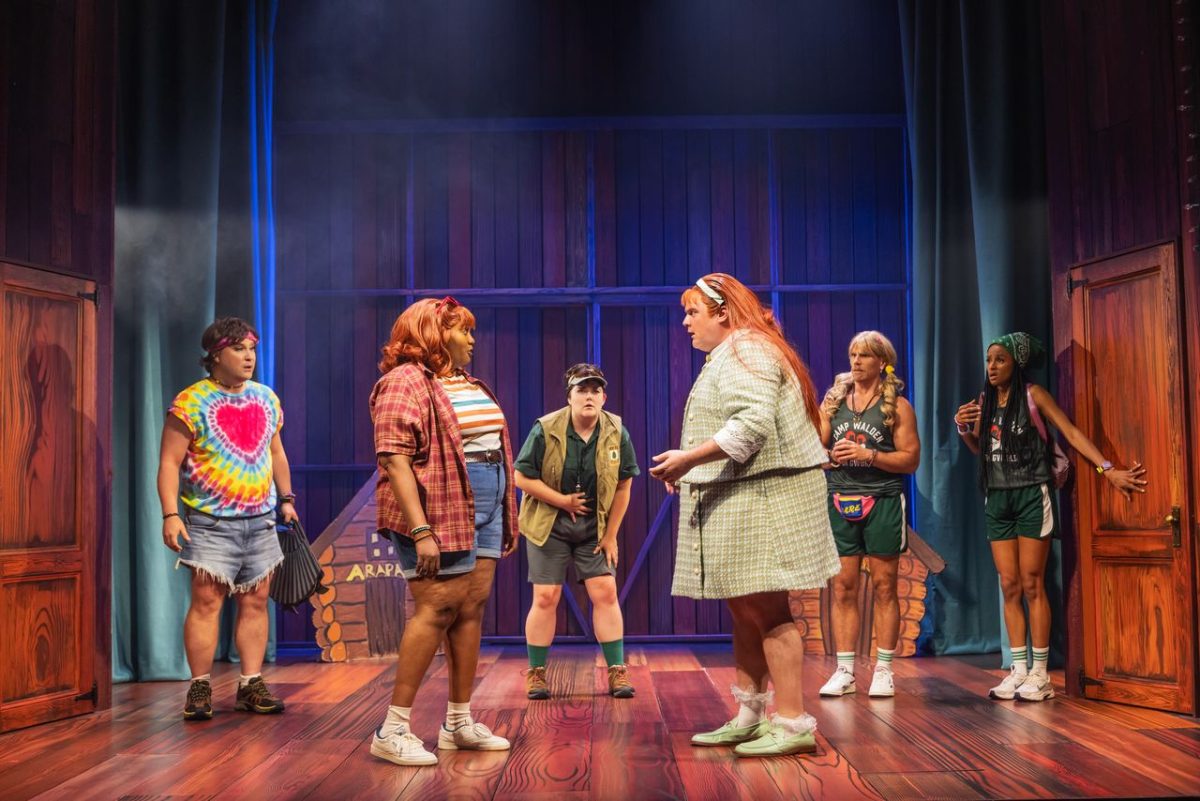After releasing her successful third album, writing an even more successful book, appearing on numerous late night shows and performing on popular tours, Michelle Zauner decided to take a break. The lead singer and creator of the indie-pop band “Japanese Breakfast” announced her plan to move to Korea for a year, an understandable choice given the band’s whirlwind rise to fame.
To rest a bit and reconnect with her Korean roots seemed the natural move. But the album that resulted from her trip — the band’s fourth, “For Melancholy Brunettes (& sad women)” — doesn’t have the same joyous energy as the previous “Jubilee” that one might expect from a visit home. Nor is it intimately sad, like Japanese Breakfast’s first two albums, which focus on Zauner’s grief when losing her mother to cancer. “For Melancholy Brunettes (& sad women)” straddles that line, presenting something entirely new from the band’s past three works.
The opening track, “Here Is Someone,” has Zauner exploring her worries about moving to Korea. She sings, “Quietly dreaming of slower days / But I don’t want to let you down” over delicate strings. Guitars lead the hazy soundscape of the new album, a sound led by producer and guitarist Blake Mills.
The connected tracks “Little Girl” and “Leda” also thematically relate to Zauner’s life. The former follows a father who regrets the alcoholism and escapism that led his daughter to cut ties with him; the latter depicts a daughter calling her father, anxiously fearing the moment where their conversation turns sour. While the father pleads — “all I need is understanding” — in “Little Girl,” the daughter dreads his “special way of ruining the mood” in “Leda.”
When Zauner’s mother passed, her father moved to Thailand to “reinvent himself,” straining their relationship. One of the great accomplishments of “For Melancholy Brunettes (& sad women)” is how Zauner lyricizes her life, making the album deeply personal and touching. She contextualizes the album’s intimate songs within its overarching theme about the consequences of leaving it all behind, tempting as it is.
Other forms of desire appear on the album, such as the destructive kind present in incel culture that appears on the song “Mega Circuit.” The track contains some of Zauner’s best poetry that explores toxic masculinity: “Deep in the soft hearts of young boys so pissed off and jaded / Carrying dull prayers of old men cutting holier truth.” Zauner’s signature light and breathy voice floats above the song’s shuffle beat and intricate instrumentation, supported by Mills’ guitar riffs. His production shines throughout the album, especially on the track “Honey Water.” While Zauner mocks a lover for succumbing to lust and greed through her lyrics, the song’s almost 2-minute-long instrumental outro features deep, distorted guitars and a mesmerizing, pounding drumbeat.
Zauner balances these heavier tracks with lighter ones, such as the album’s lead single, “Orlando in Love.” It has a shimmering instrumentation that spotlights violins and violas — however, as the record’s shortest song, just 2 minutes and 25 seconds, the song ends abruptly and feels more like a flitting motif than a full track. Its narrative of a writer who is seduced by an ocean siren and subsequently drowned could have been thematically developed further through more verses.
But overall, “For Melancholy Brunettes (& sad women)” stands out as a cohesive and beautiful rumination on passion and sadness. Zauner still holds wounds from the past — on the track “Picture Window,” she despairs, “All of my ghosts are my home” — but wraps them in an intimate, string-focused sound to create this album’s bittersweet mood. She returns from her rest refreshed, her lyrics entrancingly delving into both personal stories and universal pains. And while I am not a brunette or a woman, the melancholy of Japanese Breakfast’s excellent fourth album will stay with me forever.
Contact Ethan Li at [email protected].






















































































































































